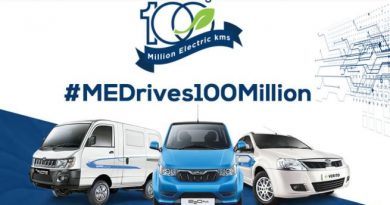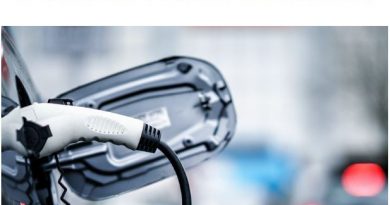Delhi Sets the Pace with 2020 EV Policy. Targets 25 Percent EV’s by 2024
 Chief Minister Kejriwal
Chief Minister Kejriwal
A day after Union Minister Nitin Gadkari spoke about a power surplus situation that can be best managed by faster electrification of mobility, among other things, Delhi’s new electric vehicle policy does just that.
The final electric vehicle policy released today (Friday) aimed at curbing pollution in the national capital, amongst the world’s most polluted cities, and also to create jobs and boost the local economy.
For the past few years, Delhi has been facing a recurring problem with air pollution during winter with thick smog cover over many days. Experiments with curbs on vehicles on road with the odd-even rule, stopping all construction work and even banning bursting of crackers during Diwali have had limited effect.
At a presser in New Delhi, Chief Minister Arvind Kejriwal said that under the new policy, the government will waive registration fee, road tax, and provide an incentive of up to Rs 1.5 lakh for new electric cars and up to Rs 30,000 for e-rickshaws, electric two-wheelers, autos and freight vehicles.
Most importantly, the state government incentives will be over and above the central government’s FAME II scheme, he said.
Launching Electric Vehicle Policy, which aims to reduce pollution levels and generate employment in the city Press conference | LIVE https://t.co/2pnr1wbMhj
— Arvind Kejriwal (@ArvindKejriwal) August 7, 2020
The policy also has a scrapping incentive, a first in the country, for buying new electric vehicles where buyers can turn in their old petrol or diesel-run vehicles for a new electric vehicle. Incentives were also announced for commercial users who will get cheaper loans.
The government will also install 200 new charging stations across the city and will also set up a dedicated an EV cell to implement the new policy, Kejriwal said.
Terming the new policy as the most progressive policy in the country, Kejriwal also said that the policy is for three years and can be reviewed during if necessary. “The policy aimed to register at least 25% electric vehicles by 2024, up from 0.2% currently,” he said.
He also emphasised on the impact the policy will have on creating new jobs in charging, selling, financing and servicing of these vehicles. Kejriwal also said that they were looking to register 5 lakh electric vehicles in the next five years.
One can expect to see an immediate uptick in two-wheeler sales for starters, while sales of electric cars will probably be the last to move, due mainly to limited choice of models as well as a charging network.
With a large market like Delhi moving decisively, expect a fillip to battery manufacturing plans too. Kejriwal might just have given the EV sector the push it needed to really get going.
For the Aam Aadmi Party, the new EV policy is yet another vindication of its status as one of the few political parties with a progressive approach to key environmental issues, particularly after the effort that has been made to conserve water resources lately. The one blemish is probably the failure of the solar policy, due mostly to discom go slow actually.




